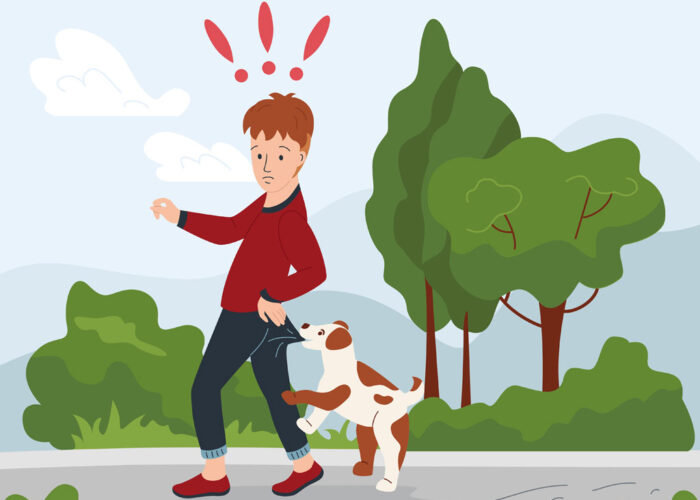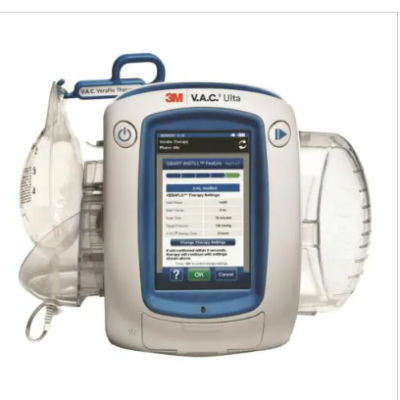Discover the comprehensive guide on “How To Treat Animal Bites: Wound Care and Infection Prevention” – your 2023 manual to ensuring prompt care and safety against infections.
Introduction
Animal bites aren’t just painful – they can lead to infections that, if not treated promptly, can become severe. In this guide, we’ll delve deep into the subject, unraveling the best practices to treat animal bites, provide optimal wound care, and prevent infections from setting in. So, whether you’re an animal lover, a pet owner, or simply seeking knowledge, this guide has got your back!
How To Treat Animal Bites: Wound Care and Infection Prevention
Every year, thousands suffer from animal bites, and the primary concern isn’t just the immediate pain but the aftermath – potential infections and complications. Let’s break down the process step by step.
Initial Steps Post-Bite
- Immediate Action: After getting bitten, your first move should be to distance yourself from the animal. Safety first, always.
- Clean the Wound: Rinse the bite area with warm water and gentle soap. Ensure all debris and saliva are washed off. This simple step can ward off many infections.
- Stop the Bleeding: Gentle pressure with a clean cloth or bandage should do the trick. If bleeding persists, seek medical attention.
Consultation and Vaccination
- When to see a doctor?: It’s always a good idea to consult a healthcare professional after a bite, especially if the bite is deep or from a wild animal.
- Tetanus and Rabies: Bites, especially from unknown animals, may necessitate a tetanus shot or a rabies vaccine. Your healthcare provider can guide you best on this.
Infection Signs & Symptoms
While a bite might seem minor initially, it can lead to severe complications if infected. Here’s what to watch out for:
- Redness & Swelling: If the area becomes increasingly red and swollen, it’s a cause for concern.
- Pus: The presence of pus is a clear sign of infection.
- Fever: A rising temperature post an animal bite can be alarming. Always seek medical advice if this happens.
Wound Care Essentials
Taking care of the bite wound is paramount. Here are some essentials:
- Keep it Clean: Regularly clean the wound to ward off infections.
- Antibiotics: In some cases, doctors might prescribe antibiotics. Stick to the dosage and schedule.
- Regular Checkups: If the wound seems to worsen, frequent checkups are necessary.
Infection Prevention
Can’t stress this enough, but prevention is always better than cure. Here’s how:
- Avoid Stray Animals: Stray animals might carry diseases. It’s best to admire them from afar.
- Vaccinate Pets: Regular vaccinations for pets can prevent bites from becoming infectious.
- Educate & Be Aware: Be aware of potential risks and educate those around you, especially children.
Common Myths About Animal Bites
There’s a lot of hearsay about animal bites. Let’s debunk some common myths:
- “It’s Just a Scratch”: Even minor bites can lead to infections.
- “All Dogs are Safe”: Any animal, irrespective of breed or size, can bite under stress.
- “Alcohol is Enough”: Simply dabbing alcohol isn’t enough. Proper wound care is vital.
FAQs
- Why is an animal bite so dangerous?
Animal bites can introduce bacteria into the wound, leading to infections. - How common are infections post-bites?
While not every bite leads to an infection, it’s common enough to necessitate caution. - Are children more susceptible?
Children can be more vulnerable due to their curious nature and lack of understanding about animal behavior. - What about bites from pet animals?
Even pet animals can cause infections if they bite, especially if they aren’t vaccinated. - When should I definitely see a doctor?
Deep bites, bites that don’t stop bleeding, or bites from wild animals always require a doctor’s consultation. - How can I avoid getting bitten?
Being cautious, avoiding provoking animals, and staying away from unknown animals can significantly reduce the risk.
Conclusion
In a nutshell, “How To Treat Animal Bites” isn’t just about the immediate aftermath of a bite. It’s about the holistic approach to staying safe, keeping infections at bay, and ensuring that both humans and animals coexist peacefully. By staying informed, we can ensure that minor accidents don’t turn into major health concerns. Remember, it’s not about fear; it’s about care.



No Comment! Be the first one.